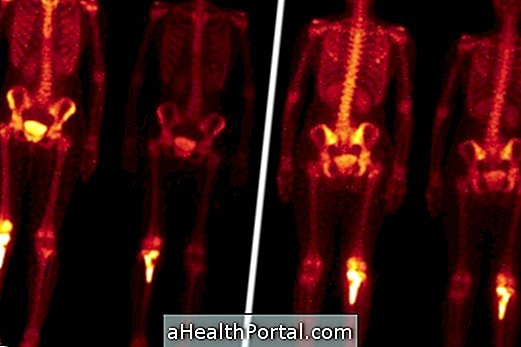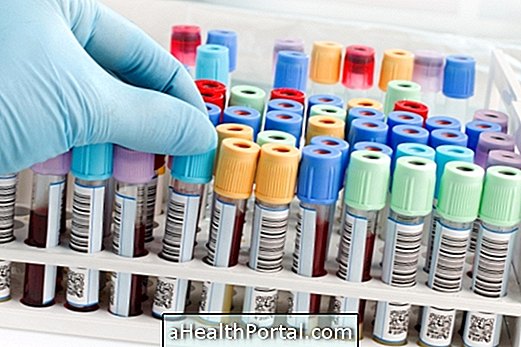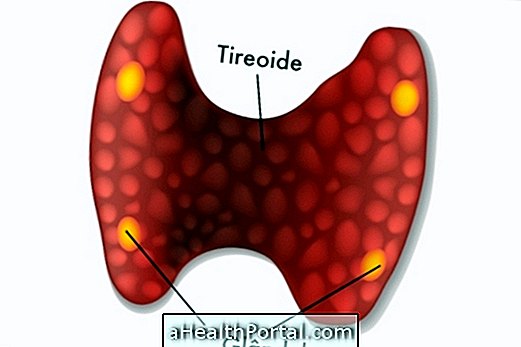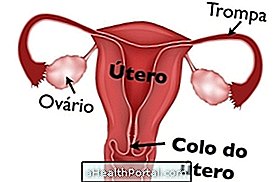Genetic counseling is a process designed to identify genetic changes that can be passed on to future generations as well as the risk of these changes to the person. Learn about genetic counseling.
This process has several applications and can be used in pregnancy or prenatal planning to check for any chance of a change in the fetus and in cancer in order to assess the chances of cancer occurring and establish the possible severity and treatment.

Stages of Genetic Counseling
Genetic counseling takes place in three main steps:
- Anamnesis: at this stage the person completes a questionnaire containing questions related to the presence of hereditary diseases, problems related to the pre or post natal period, history of mental retardation, history of abortion and presence of consanguineous relationships in the family, which is the relationship between relatives. This questionnaire is applied by the clinical geneticist and is confidential, being the information of use exclusively professional and with the respective person;
- Physical, psychological and laboratory tests : The doctor performs a series of tests to check for any physical changes that may be related to genetics. In addition, childhood pictures of the person and his / her family can also be analyzed to also observe characteristics related to genetics. Intelligence tests are also performed and laboratory tests are requested to evaluate the health status of the person and their genetic material, which is usually done through the human cytogenetic examination. Molecular tests, such as sequencing, are also performed to identify changes in a person's genetic material;
- Elaboration of diagnostic hypotheses: the last step is performed based on the results of the physical and laboratory tests and analysis of the questionnaire and sequencing. With this, the doctor can inform the person if they have any genetic changes that can be passed on to the next generations and, if passed, the chance that this change has to manifest and generate the characteristics of the disease, as well as the severity.
This process is done by a team of professionals coordinated by a Clinical Geneticist, who is responsible for guiding people in relation to hereditary diseases, chances of transmissibility and manifestation of diseases.


























